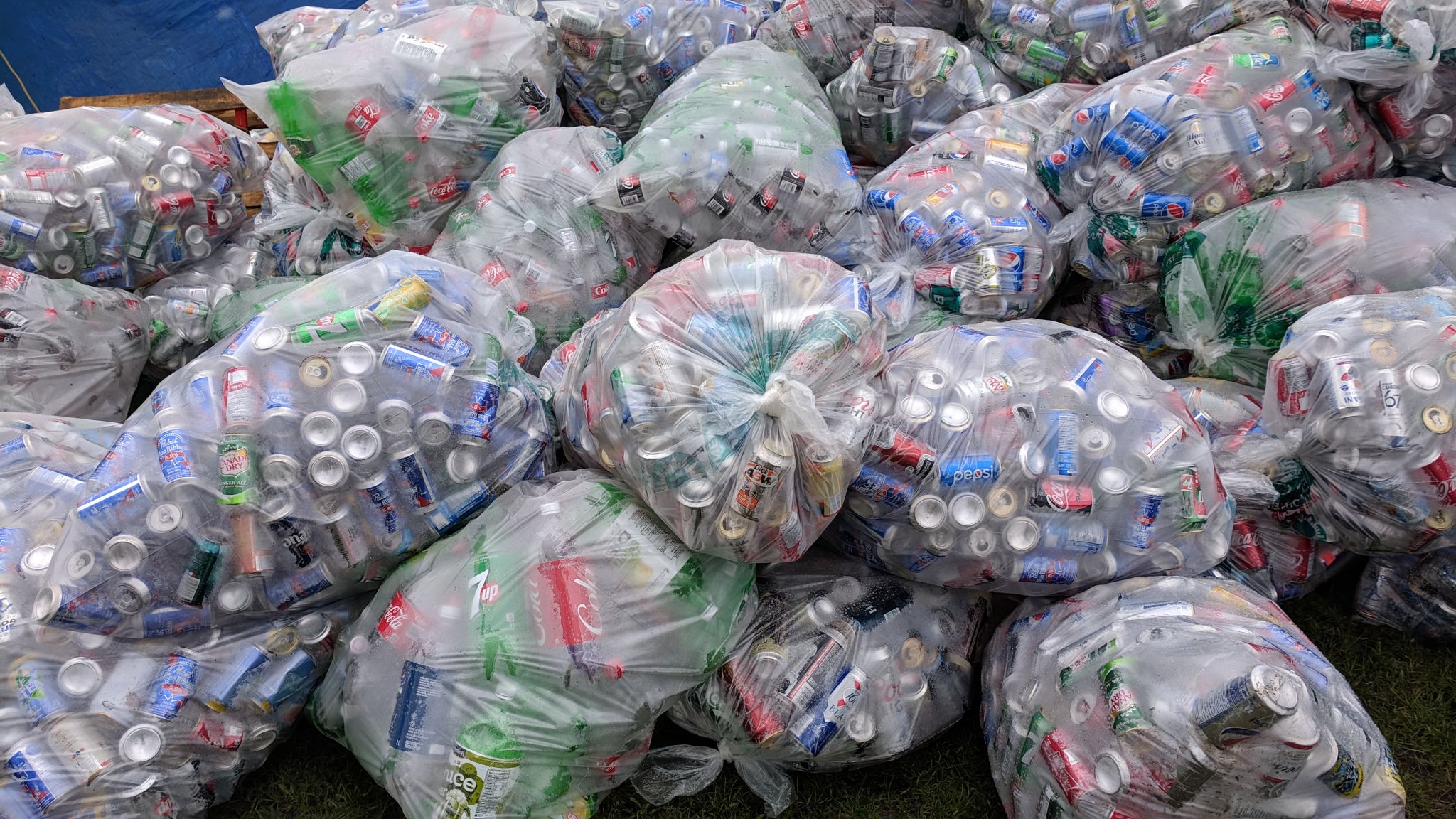Expert Advice: Safe and Sustainable Cooking Oil Disposal Methods
Understanding the Importance of Proper Cooking Oil Disposal
Cooking oil is a staple in many kitchens, but once it has served its purpose, knowing how to dispose of it safely and sustainably is crucial. Improper disposal can have detrimental effects on the environment, such as clogging pipes and harming wildlife. By following expert advice on proper disposal methods, you can contribute to a healthier planet.
In this guide, we'll explore various safe and sustainable methods to dispose of cooking oil, ensuring you make environmentally conscious decisions. Whether you're a home cook or manage a commercial kitchen, these tips will help you handle used cooking oil responsibly.

Why You Shouldn't Pour Oil Down the Drain
One of the most common mistakes is pouring cooking oil down the sink. This practice can lead to severe plumbing issues as the oil cools and solidifies, causing blockages in pipes. These clogs are not only costly to fix but can also result in unpleasant odors and potential health hazards.
Additionally, when oil enters the sewage system, it can combine with other waste to create fatbergs—large masses that can block sewer lines and disrupt wastewater treatment processes. Avoiding this method of disposal is not just about protecting your home; it's about safeguarding community infrastructure.
Recycling and Reusing Cooking Oil
Before disposing of your cooking oil, consider whether it can be reused. If the oil is still clean and hasn't absorbed strong flavors, it might be suitable for another round of cooking. This approach reduces waste and maximizes resources.
If reuse isn't possible, recycling is an excellent alternative. Many cities offer recycling programs for used cooking oil, which is often converted into biodiesel—a renewable energy source. Check with local recycling centers or waste management services to see if they accept cooking oil.

Sustainable Disposal Methods
For those without access to recycling facilities, there are still sustainable ways to dispose of cooking oil. One option is to store the cooled oil in a sealed container and dispose of it with your household waste. Ensure the container is leak-proof to prevent spills.
Alternatively, some composting facilities accept cooking oil in small quantities. Contact your local composting site to confirm their guidelines. Remember, never pour large amounts of oil directly into your compost pile at home, as it can attract pests and create odors.
Community and Environmental Initiatives
Many communities have taken initiatives to promote sustainable cooking oil disposal. Some areas host collection events where residents can drop off used oil for proper processing. Participating in these programs not only ensures safe disposal but also supports community efforts toward environmental sustainability.

Engaging with local environmental groups or online forums can provide additional resources and ideas for responsible disposal practices. Sharing knowledge and experiences helps raise awareness and encourages others to adopt eco-friendly habits.
Conclusion: Making a Positive Impact
By implementing safe and sustainable cooking oil disposal methods, you contribute to preserving our environment and protecting public infrastructure. Whether through recycling, reusing, or participating in community initiatives, every effort counts towards creating a cleaner and more sustainable world.
Remember, making small changes in your daily habits can lead to significant positive impacts. Be mindful of how you dispose of cooking oil and inspire others to do the same for a healthier planet.